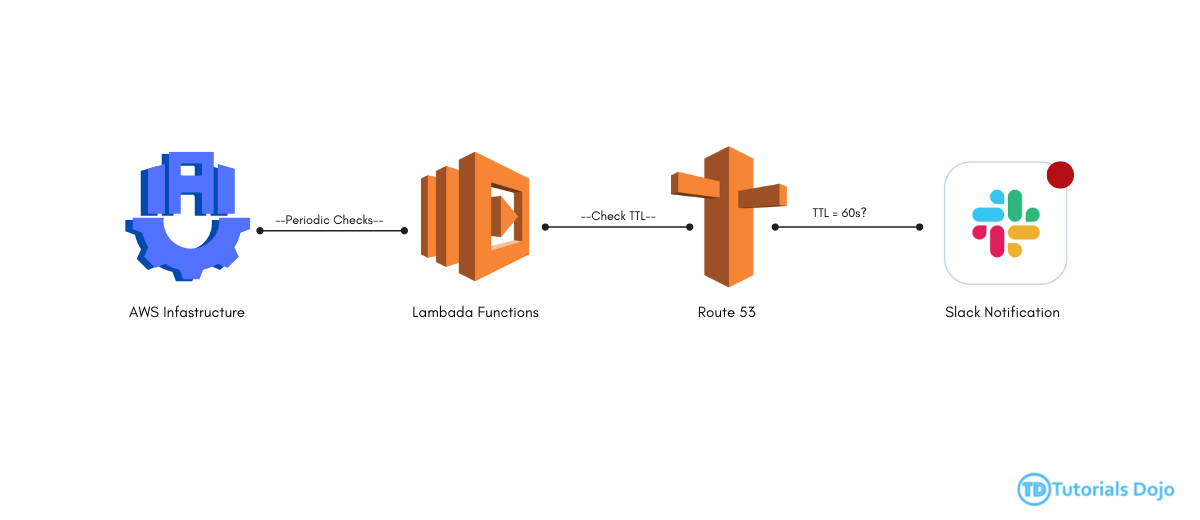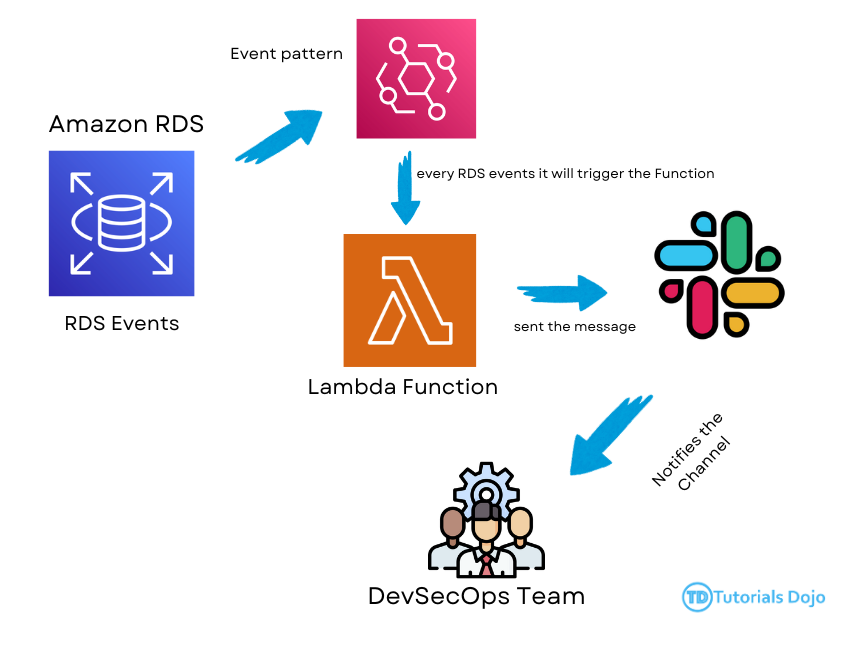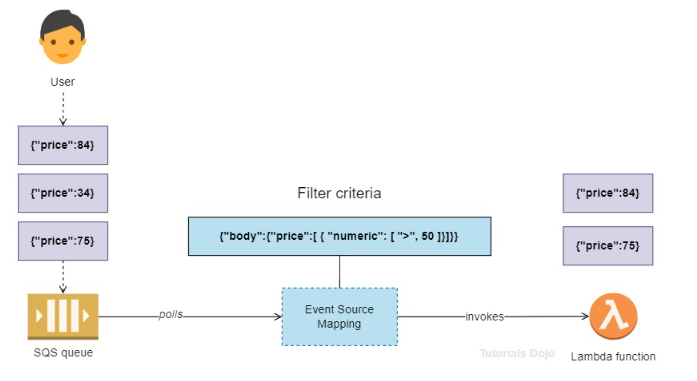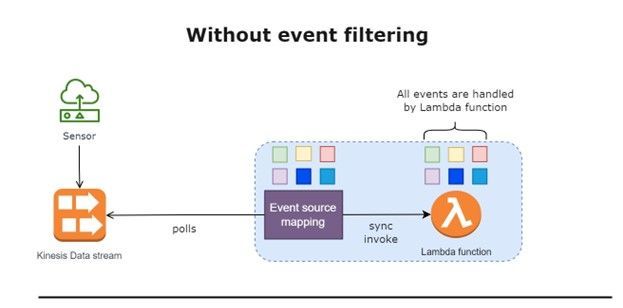Automating Slack Notification for Route 53 TTL Changes
Joshua Emmanuel Santiago2024-06-25T00:36:30+00:00Automating a Slack notification system for Route 53 with a 60-second TTL is intended to provide real-time alerts about DNS records with short TTLs. This setup ensures administrators receive quick notifications via Slack, enabling them to promptly identify and resolve potential issues. Through this proactive measure, the optimal performance and reliability of the AWS infrastructure are maintained. Moreover, this approach allows administrators to avoid potential problems by taking corrective actions promptly and minimizing any potential disruptions to services. Additionally, real-time alerts enable administrators to keep a close watch on DNS configurations, ensuring smooth operation and consistent performance of the AWS [...]







